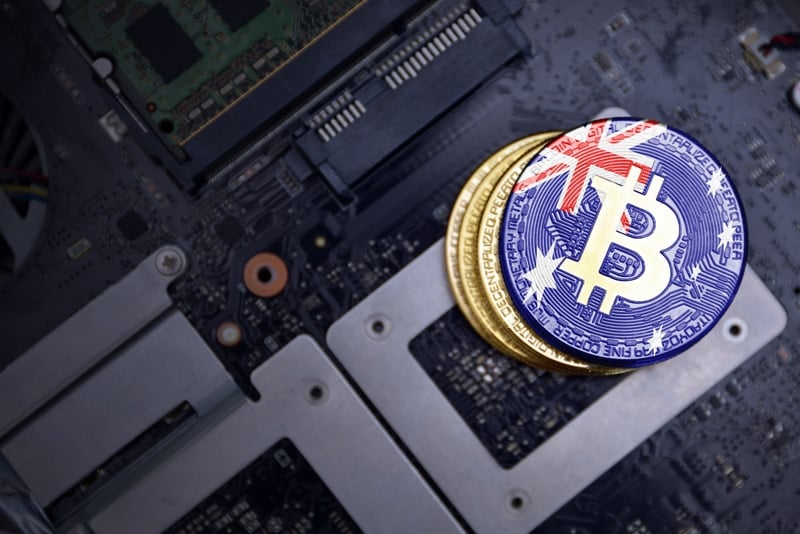Two months ago, nearly all of the Australian crypto community was up in flames in the wake of the new law that is supposed to be implemented on January 1st, 2020.
The law would prevent any and all types of cash payments above AUD 10,000 without a cheque or a third party interference for due diligence and overview. Basically what the government wanted to implement was an even more centralised payment system in the country that would prevent pretty much any payment to go through without the government’s knowledge.
This naturally concerned the local crypto community, since the blockchain is basically based on that value alone, to be as decentralised as possible. Therefore there was some angst that the next target from the government would be restrictions on crypto transactions.
Thankfully though, the National Treasury’s announcement said that there would be some exclusions from the law, including digital currencies.
Why were cryptocurrencies excluded?
The memorandum that was released by the treasury says that cryptocurrencies represent only a small fraction of the Australian economy and the number of payments. Therefore it didn’t deem it absolutely necessary to place any kind of restrictions due to the risk of hurting the growing industry.
Naturally, though, this was done simply because cryptos are only transacted through digital platforms, making it easier for the government to track them regardless if there is a cash cap or not.
Will the cash cap be beneficial for crypto?
Quoting Mark Belsey of Playamo Australia:
“Most of the crypto transactions that occur within the country have something to do with the gaming industry more or less. Judging by the fact that Australia has one of the largest population percentages that gamble on a daily basis, it’s easy to understand why some would switch to cryptocurrencies.”
Now though, as the cash payment will be receiving a cap of some sorts, it’s possible to have citizens deposit on these gaming platforms through cryptocurrencies and cash them out through third party payment providers or in cryptocurrencies once again.
Belsey also added:
“Every licensed company in Australia is aware of this possibility and would cooperate with the local authorities to prevent any type of money laundering cases occurring on gaming websites.”
However, the attempt to do so by many Australians is sure to have some kind of effect on the crypto market as potentially thousands of large investors will be piling in.
No matter how we look at it, that small percentage of the Australian economy that crypto occupy could expand to new proportions, ultimately forcing the government to re-think their decision.
What would happen if cryptocurrencies are included in the law?
As already mentioned the bill passed for banning cash payments above AUD 10,000 without the intervention of any third party companies such as banks that can provide a check and payment providers that can confirm the transaction’s legitimacy.
AUD 10,000 (USD 6,900) isn’t even equivalent to 1 BTC at current market price, which would naturally hinder the development of the crypto market in Australia.
However, at the moment of the exclusion, cryptocurencies seem to have landed on the good side of Australian lawmakers as the memorandum clearly states support and interest in blockchain.




